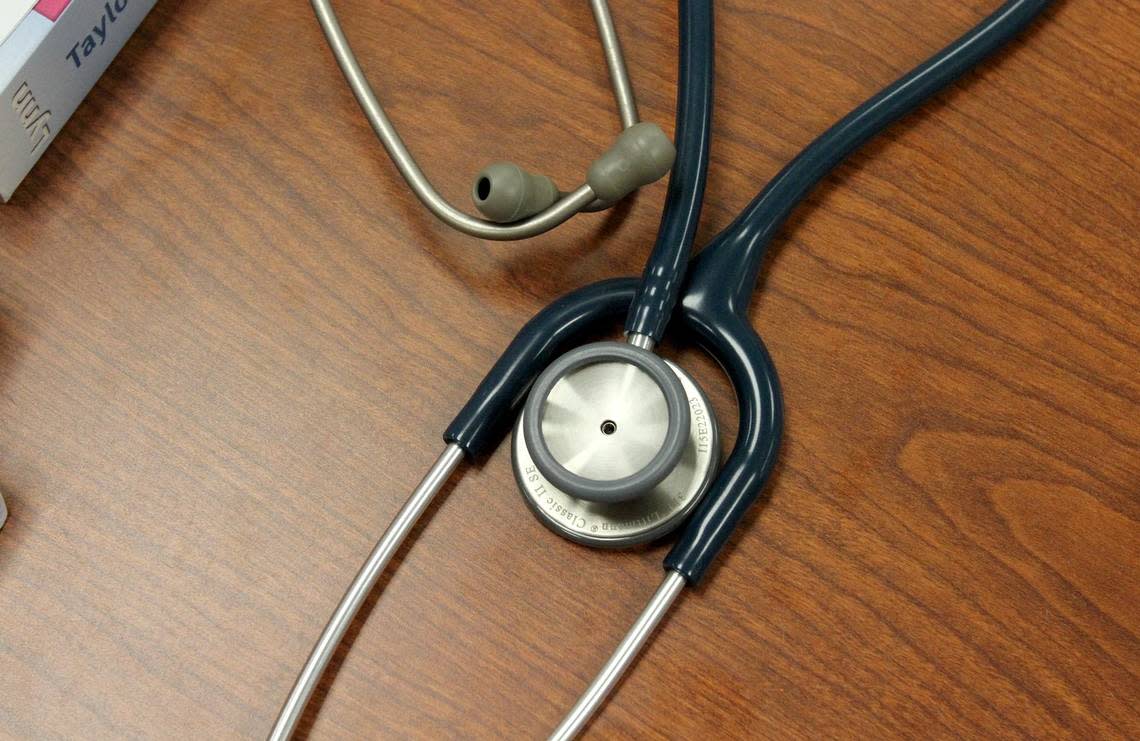Here are five ways Medicaid positively impacts Mississippi: Opinion

Election time in Mississippi means people across the state are hearing more and more about Medicaid expansion, which would bring health insurance coverage to hundreds of thousands of working people across the state.
While election results could determine whether Mississippi accepts federal dollars to expand Medicaid, it’s important to understand just how impactful Medicaid already is for the hundreds of thousands of Mississippians it already serves.
From pregnancy to birth, through childhood and adulthood, Medicaid provides quality, affordable health insurance to the most vulnerable among us. It is vital to the health and well-being of people and communities in Mississippi. Here are five ways Mississippi’s Medicaid program already positively impacts our state.
First, Medicaid provides more than 800,000 Mississippi residents with insurance coverage. That’s nearly a third of our state’s population, which underscores why Mississippi’s leaders in government must prioritize the program, maintain consumer choice and ease of access, and ensure that it is viable and sustainable for generations to come. Mississippi already ranks as one of the worst states in a number of health categories. Without a strong Medicaid program, our state’s health and overall well-being will slide even further.
Second, Mississippi’s Medicaid program provides support to women before, during, and after pregnancy. Medicaid finances nearly 60 percent of all births in Mississippi, helping to bring about 21,000 babies into the world in 2021. It also provides women coverage for prenatal visits and vitamins, ultrasounds and screenings, and 12 months of postpartum health insurance coverage.
Third, Medicaid plays a disproportionate role for people living in rural areas. Mississippi is the 4th most rural state in the country. For many rural Mississippians, Medicaid is their only source of health coverage, and, in many rural counties, the Medicaid coverage rate is much higher than the state overall. Rural populations face health care access and coverage challenges, including unemployment, low-income levels, and provider shortages, making Medicaid all the more important.
Fourth, Medicaid often extends a lifeline to Mississippi’s rural hospitals. Since so many rural Mississippians receive health insurance coverage through Medicaid, health care providers such as rural hospitals rely on Medicaid payments to keep their doors open. Rural hospitals are already struggling, which motivates much of the discussion to expand Medicaid in our state. But further erosion of the existing Medicaid program stands to threaten the solvency of rural hospitals even more.
Fifth, Medicaid allows children to access critical health services. Across the United States, almost two out of three children under the age of five covered by Medicaid get their yearly preventative health appointment and almost half of all children enrolled in Medicaid get their annual dentist appointment. These appointments are essential to check on a child’s overall health and development, as well as make sure a child gets their necessary immunizations. Mississippi is no exception – children in low-income families here make up more than half of our state’s overall Medicaid recipients.
Despite Medicaid’s positive impact, the Mississippi Division of Medicaid’s monthly enrollment reports show that nearly 20,000 children – and 50,000 Mississippians in total – have been dropped from Medicaid this year, following changes in COVID-19-era regulations. To ensure Medicaid’s effectiveness, it is vital that our government leaders accurately implement these policy changes that disenroll newly ineligible individuals. It would be hugely counterproductive to the health and well being of Mississippians and the strength of the Medicaid program if anyone is erroneously disenrolled.
While the numbers highlight the importance of Medicaid in Mississippi, we must also remember the faces behind the statistics. Significant disparities in health coverage and access still exist in Mississippi. Medicaid is the most effective tool we have to do so. But we will only get there if government officials protect consumers by continually working to support the program.
This opinion piece was written by Laken Camp of the American Heart Association, the Rev. Robert James of the Mississippi NAACP, Cassandra Welchlin of the Mississippi Black Women’s Roundtable and Sonya Williams-Barnes of the SPLC Action Fund.

